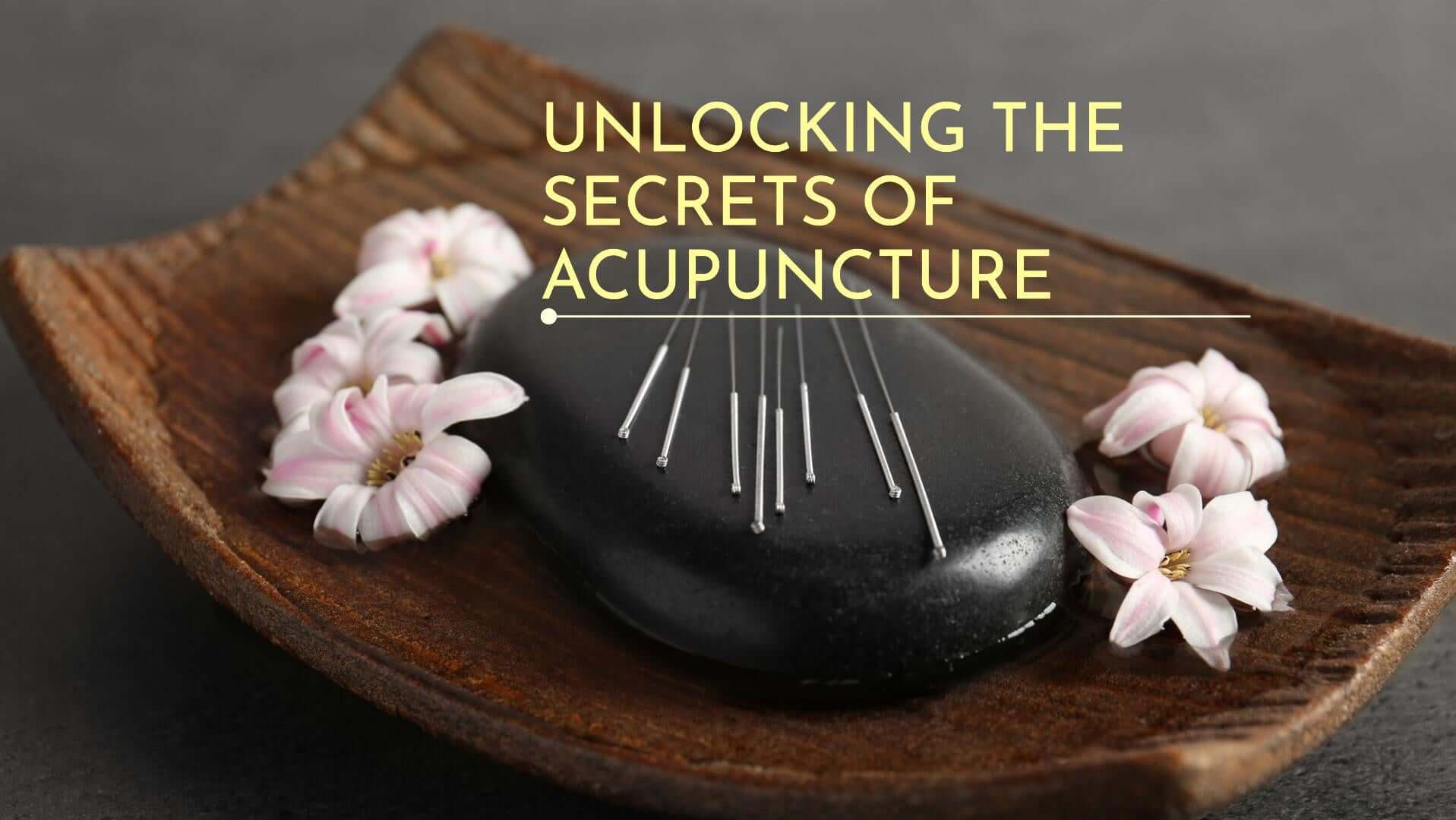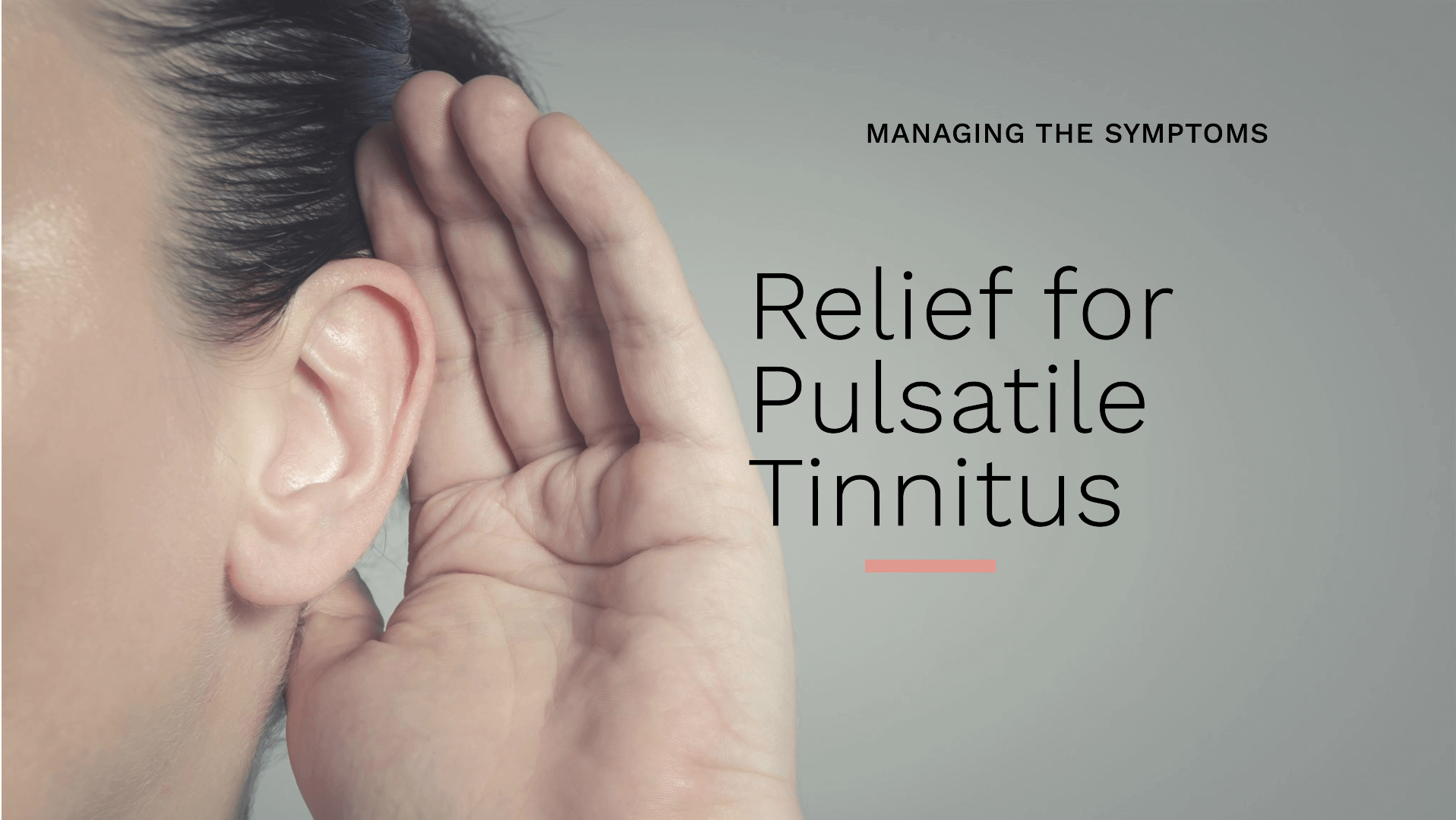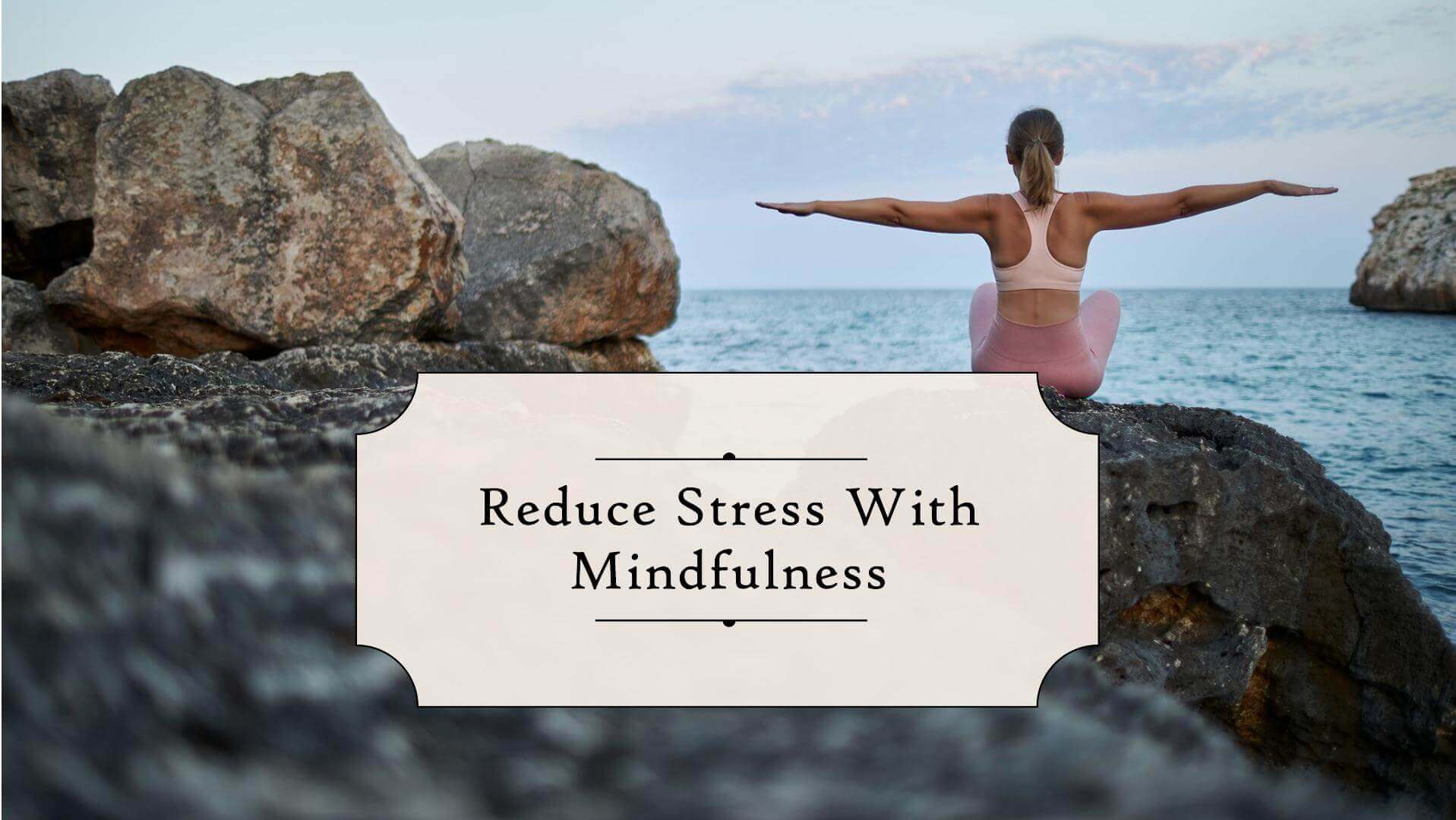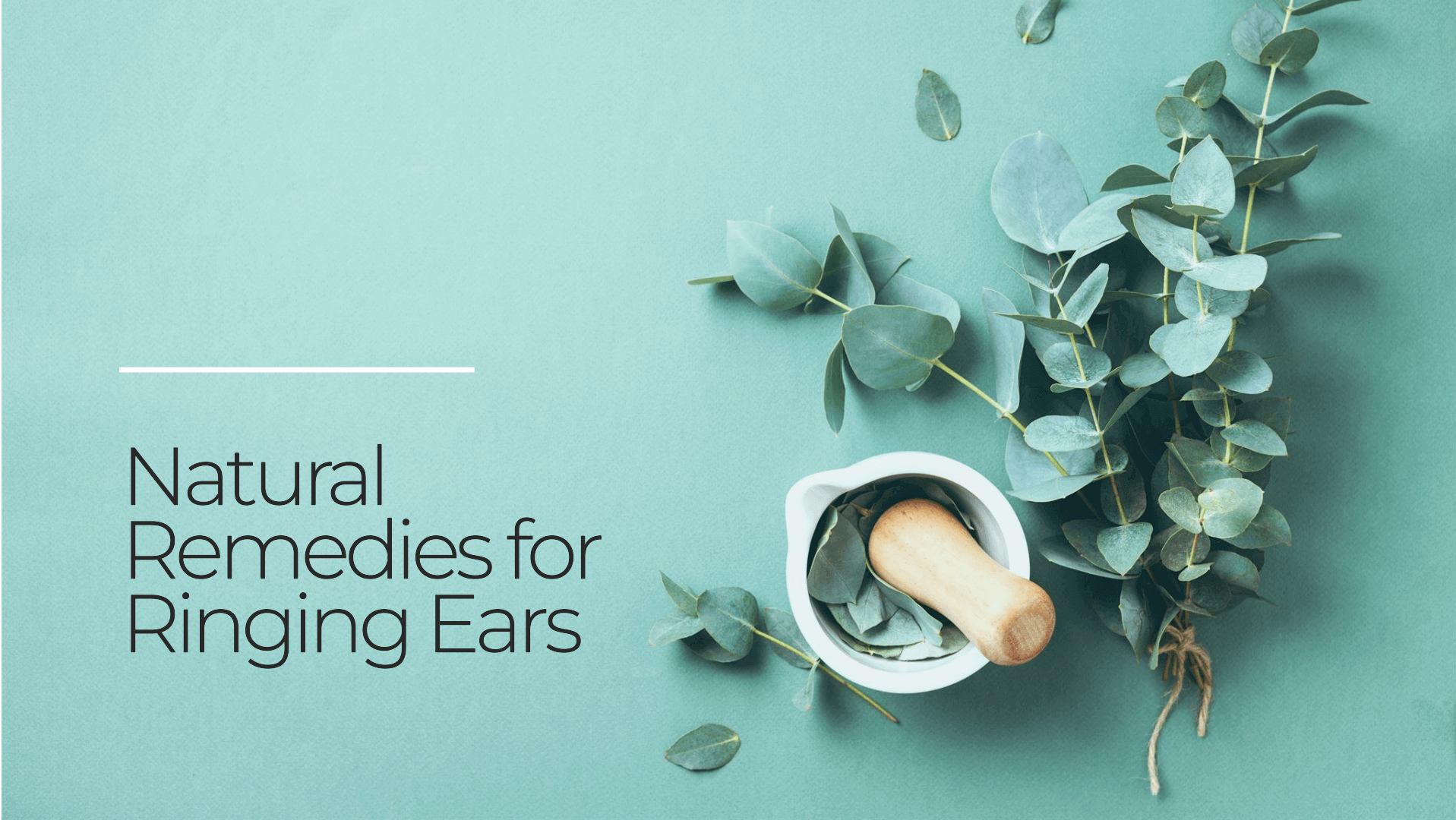Acupuncture is an ancient Chinese approach to treating various conditions by stimulating specific points on the skin with needles. It is a form of complementary medicine that is used to alleviate pain and to treat various physical, mental, and emotional conditions.
How Does Acupuncture Work?
Let me explain how it works:
1. Qi (Life Force)
The Chinese philosophy behind acupuncture isn’t based in science. Traditional Chinese medicine believes that the human body is filled with an invisible life-giving force called qi (pronounced "chee"). When qi flows correctly to all the right places, a person experiences good mental and physical health. However, when qi is blocked or deficient, it can result in illness.
2. Meridians and Acupoints
Acupuncture focuses on balancing the flow of energy (qi) through pathways called meridians. These meridians are believed to supply energy to specific organs and tissues. Acupoints are places where the meridians come close to the body's surface.
3. Needle Stimulation
Acupuncture practitioners insert thin needles into specific acupoints along the meridians. The needles produce a tiny injury at the insertion site, signaling the body to respond. This response involves:
- Stimulation of the immune system
- Promotion of circulation to the area
- Wound healing
- Pain modulation
4. Balancing Energy Flow
By activating these acupoints, acupuncture aims to unblock meridians, restore the movement of qi, and improve overall health²³.
In summary, acupuncture seeks to achieve balance (qi) and provide relief for various ailments by stimulating specific points on the skin with needles. If you're considering acupuncture, make sure to consult a licensed acupuncturist for personalized treatment¹.

What is Acupunture Commonly Used For?
Acupuncture is most commonly used to treat pain. It's also used for a wide variety of ailments, such as persistent painful conditions including low back pain and pain related to arthritis, headaches, post-operative pain, addiction, hot flashes and other menopausal symptoms.
It's also often used to treat other conditions and symptoms, including joint and muscle pain, jaw pain, cancer symptoms such as pain, and side effects of cancer treatment such as feeling or being sick from chemotherapy⁵.
Acupuncture has been proven by numerous studies to help with allergies, migraines, or insomnia. It's also known to stimulate the immune system, promote circulation to the area, wound healing, and pain modulation⁵.

Frequently Asked Questions
What is acupuncture and how does it work?
Acupuncture is an ancient Chinese medicine practice that involves inserting thin needles into specific points on the body. It's based on the belief that this can rebalance the body's energy, or qi, leading to improved health and wellbeing. Modern research suggests it may stimulate nerves, muscles, and connective tissue, boosting the body's natural painkillers and increasing blood flow.
Can acupuncture help with chronic pain?
Yes, acupuncture has been shown to be effective in managing various types of chronic pain, including back pain, neck pain, and osteoarthritis/knee pain. Many people find significant relief from their symptoms, leading to improved quality of life and reduced reliance on pain medications.
Is acupuncture safe?
When performed by a licensed and trained practitioner, acupuncture is considered very safe. Complications are rare but can include minor bleeding or bruising at needle sites. Ensure your acupuncturist uses sterile, single-use needles to minimize any risk of infection.
How many acupuncture sessions will I need?
The number of sessions varies depending on the individual's condition and response to treatment. Some people experience relief after just a few sessions, while others may need ongoing treatment to maintain benefits. Your acupuncturist will assess your specific needs and recommend a treatment plan.
Does acupuncture hurt?
Most people report feeling minimal pain as the needles are inserted. Some experience a mild tingling sensation, warmth, or heaviness around the needle sites. Acupuncture is generally considered a gentle and relaxing treatment.
How can I find a qualified acupuncturist?
Look for practitioners licensed by a recognized national or state board. Many countries have regulatory bodies that maintain standards of practice and education for acupuncturists. Checking reviews and asking for recommendations can also help you find a reputable provider.
What should I expect during my first acupuncture session?
Your first session will typically begin with a detailed health history assessment. Next, the acupuncturist will carefully place tiny needles at specific points to target your tinnitus symptoms, aiming to bring you relief and balance. You might feel a bit nervous, but many people find it really relaxing and say it doesn't hurt much at all!

Source:
- Acupuncture - Mayo Clinic. https://www.mayoclinic.org/tests-procedures/acupuncture/about/pac-20392763.
- How Does Acupuncture Work? - Healthgrades. https://www.healthgrades.com/right-care/acupuncture/how-does-acupuncture-work.
- Acupuncture: How It Works, Benefits, and Results for Pain - Healthline. https://www.healthline.com/health/acupuncture-how-does-it-work-scientifically.
- Acupuncture | Johns Hopkins Medicine. https://www.hopkinsmedicine.org/health/wellness-and-prevention/acupuncture.
- Acupuncture - Harvard Health. https://www.health.harvard.edu/a_to_z/acupuncture-a-to-z.





